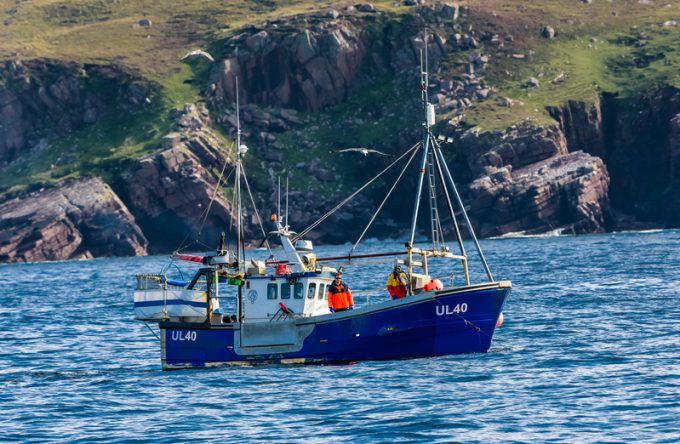Eastern Europe trade takes off as new air services generate excitement
Cathay Cargo’s new bellyhold service from Munich to Hong Kong launches today, and has already ...

UK environment secretary George Eustice has been accused of misleading a parliamentary select committee last week, when he claimed the EU had changed regulations surrounding shellfish exports.
In a letter to businesses on 10 December, seen by The Loadstar, Mr Eustice confirmed that exports of live ...

Comment on this article